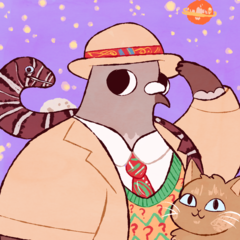Sign in to follow this
Followers
0

Harvey Pekar, Cleveland comic-book legend, dies at age 70
By
DrWho42, in Celebrity Deaths

By
DrWho42, in Celebrity Deaths